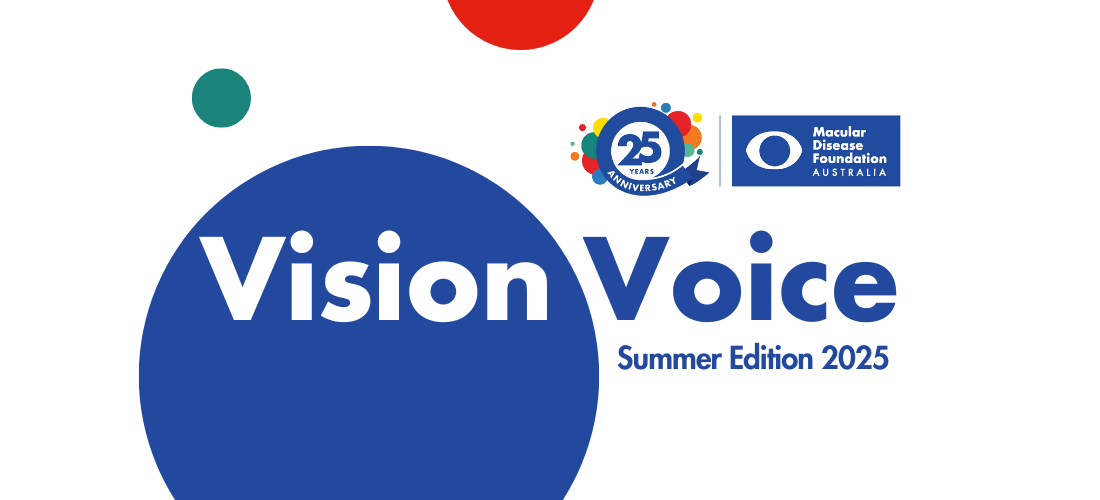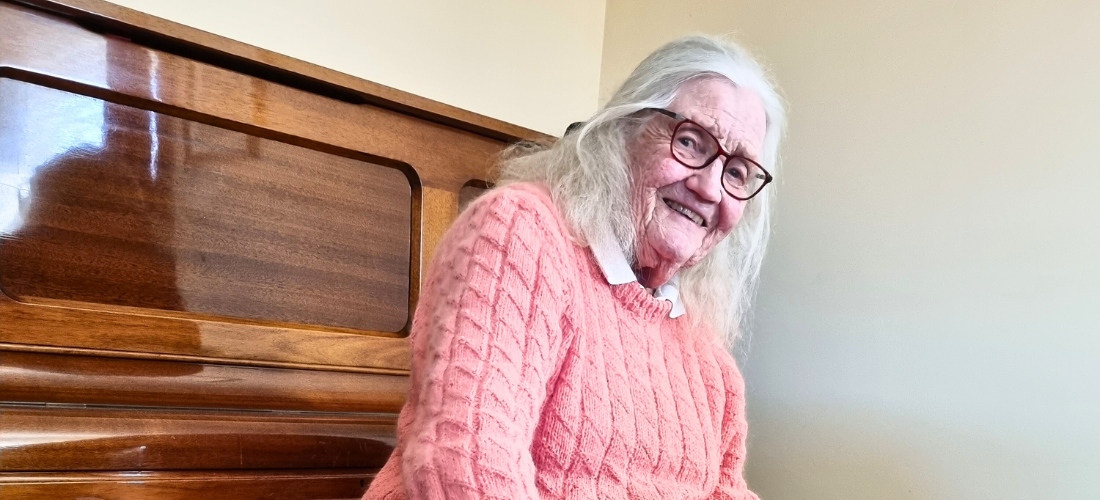Health Minister’s message to the macular disease community
As part of our ongoing campaign against a proposal to cut Medicare rebates for eye injections, Macular Disease Foundation Australia (MDFA) CEO Dee Hopkins and Medical Committee Chair Associate Professor Alex Hunyor met Health Minister Greg Hunt at Parliament House in June.
The discussion centred on recommendations of the Medicare Benefits Schedule (MBS) Review Taskforce. The Taskforce last year proposed a 69 per cent cut in the eye injection rebate. This prompted strong opposition from MDFA, patients, ophthalmologists and other health professionals.
My priority is to ensure that more people, rather than less, access treatment for macular disease.
Health Minister Greg Hunt
“Patients’ optimal health is central to decision making on this matter,” the Minister told us.
The Health Minister also said he wants a decision on the rebate cut to be made as soon as possible to allay patients’ concerns. Over the coming months, the Minister will establish a liaison group to guide the implementation process and ensure that recommendations don’t have unintended consequences.
“Minister Hunt invited MDFA to be part of this liaison group, so that the needs and best interests of the macular disease community will be heard and inform the decision-making process,” Ms Hopkins said.
Alternative to an MBS rebate cut
“We’ve now presented the Minister with a detailed report outlining alternative costed models of care that would increase access for eye injections,” Ms Hopkins added.
“We also included detailed calculations on the cost of doing nothing and the unintended consequences of cost shifting to other parts of the health and welfare systems.
“The models include the establishment of more regional clinics. We also recommend more healthcare professionals provide injections under ophthalmologists’ supervision.”
Informed financial consent for macular disease patients
Ms Hopkins said one of the costed proposals presented to the Federal Government relates to improved transparency of treatment costs in private clinics to ensure patients access affordable ongoing care.
“We’ve costed a proposal to implement a national program to help patients better understand their ongoing treatment fees and build confidence to ask for fee leniency,” Ms Hopkins said.
“Health care funding is complex. In Australia, health care operates in a free market. Within the eye health sector, less than 20 per cent of private ophthalmology practices offer bulk-billed services.
“Treatments such as eye injections are funded from Medicare, Pharmaceutical Benefits Scheme (PBS), private health insurance (where available), and patient out-of-pocket expenses.
“As treatment for conditions such as wet (neovascular) age-related macular degeneration or diabetic macular oedema need to occur regularly the accumulated out-of-pocket costs can be significant over time and become a barrier to treatment adherence,” she said.
MDFA poll
We recently polled people receiving eye injections. Fifty-one per cent of respondents told us they were uncomfortable asking their treating ophthalmologist to reduce fees. We also found out that 49 per cent of patients are paying over $200 in out-of-pocket costs per treatment. Twenty-nine per cent considered delaying or stopping treatment due to cost.
MDFA’s proposal would involve close collaboration with Optometry Australia and the Royal Australian and New Zealand College of Ophthalmologists as part of a suite of initiatives to improve adherence to sight-saving treatment.
This proposed program could lead to reductions in out-of-pocket costs, help an extra 3,000 patients adhere to sight-saving treatment and save the government $270 million over the next five years in NSW alone.
“When you scale the potential impact nationally, this is a low-cost investment and solution that can make a significant difference for patients who need ongoing eye injections,” Ms Hopkins said.
MDFA will continue to advocate on your behalf for better access to vital sight-saving treatment.
Posted: 27 July 2021
















